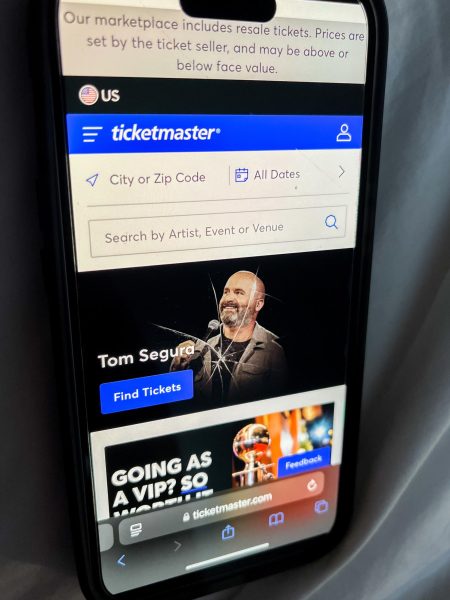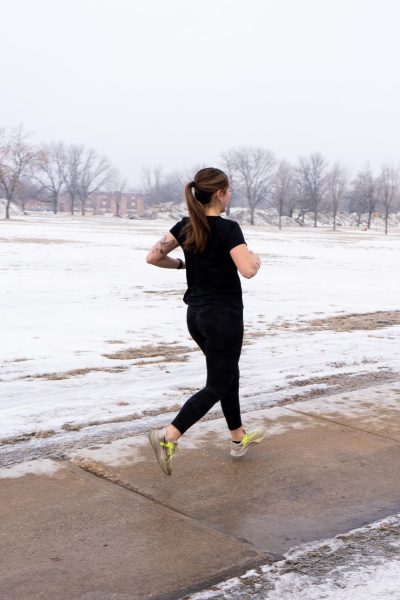Putting education above fear
The friends of UND student Alex Davis were doing homework, chatting about sea lions and listening to music when they got the news he had died.
Alex hadn’t shown up to work that morning, and his friend was called in to cover his shift.
Shortly after, they read the email from UND President Robert Kelley informing the campus of Alex’s death.
This article is in response to the email composed by the University Police Department that “(warned) the campus community about dangerous synthetic/designer drugs.”
Though this email was sent with the best of intentions, its advice will not save any lives at UND.
If our goal as a community is to make people safe, we are going about it the wrong way.
Telling people to abstain from drug use is in many ways similar to telling people to abstain from premarital sex: It’s not inherently a bad idea, and it exhibits all the right intentions, but it’s unrealistic to think it’s the best way to keep people safe.
That’s why we teach students about safe sex and provide students with free condoms.
Drugs should be treated in a similar manner.
The fact is people always have and always will use drugs, regardless of what state and federal laws are implemented or how serious the penalties for being caught with them.
Very little attention is given to safe drug use — but isn’t that what we really want?
Harm reduction drug education could include an honest communication of the risks posed by different substances, because what’s entirely unappreciated to many in the community is that not all drugs are the same.
Some, like NBOMe (mentioned in UPD’s email), are far more dangerous than others, like LSD, which is regarded as relatively safe physically.
“(Due) to the nature of the way they are being obtained, users cannot be certain of what substance(s) they are actually ingesting,” the UPD email reads.
This, as the department recognizes, is the most serious problem of campus drug use. As the trade of drugs online increases, drugs are often not sold as what they truly are, but rather as a similar drug whose effects they may mimic.
NBOMe is often sold as LSD, since NBOMe is considerably cheaper and therefore has a higher profit margin if sold as LSD.
Making test kits available to students would allow them to verify the substance they plan on using is what they think it is.
These kits are cheap, and if the goal of universities is to reduce harm and save lives, it may be the most responsible, effective move.
While there are legitimate worries that doing so would be seen as promoting drug use, it’s far more likely to save a life than simply telling people to say no to drugs, period.
“(We) are certain that the instances we know about are only the tip of the iceberg,” the UPD email reads.
Is this supposed to sound intimidating, or put more pressure of persecution on students who use drugs? Could it instead be an opportunity to teach people about these things?
How much more safer will campus be if, as UPD’s email recommends, we “keep (our) eyes open for such things as small pieces of tinfoil (and) baggies” and report “unusual behavior” to the police?
It seems criminalizing students who might experiment with drugs is more important than making sure those who choose to are safe.
If that’s the university’s goal, then it’s being achieved. If we’re really interested in keeping people safe, there is a better way.
Will Beaton is the editor-in-chief of The Dakota Student. He can be reached at william.beaton@my.und.edu.
Larry Philbin is the news editor of the Dakota Student. He can be reached at lawrence.philbin@my.und.edu.






